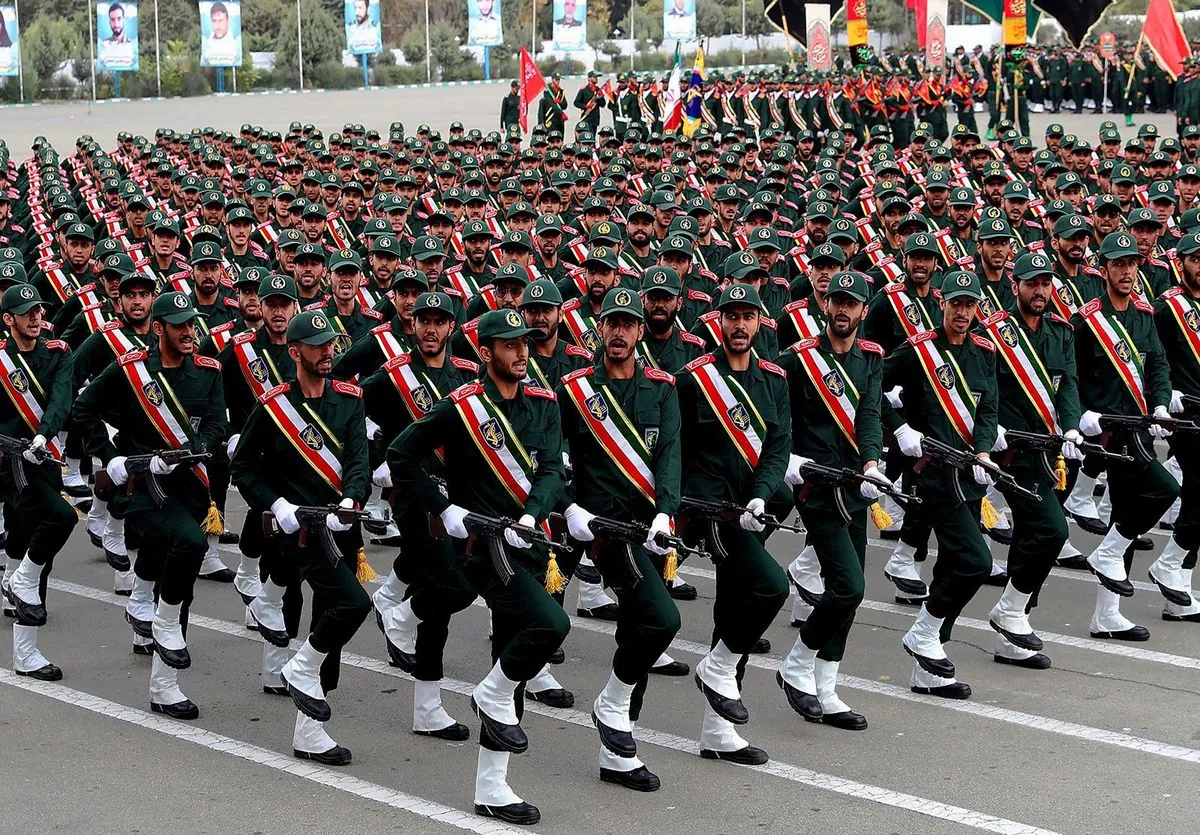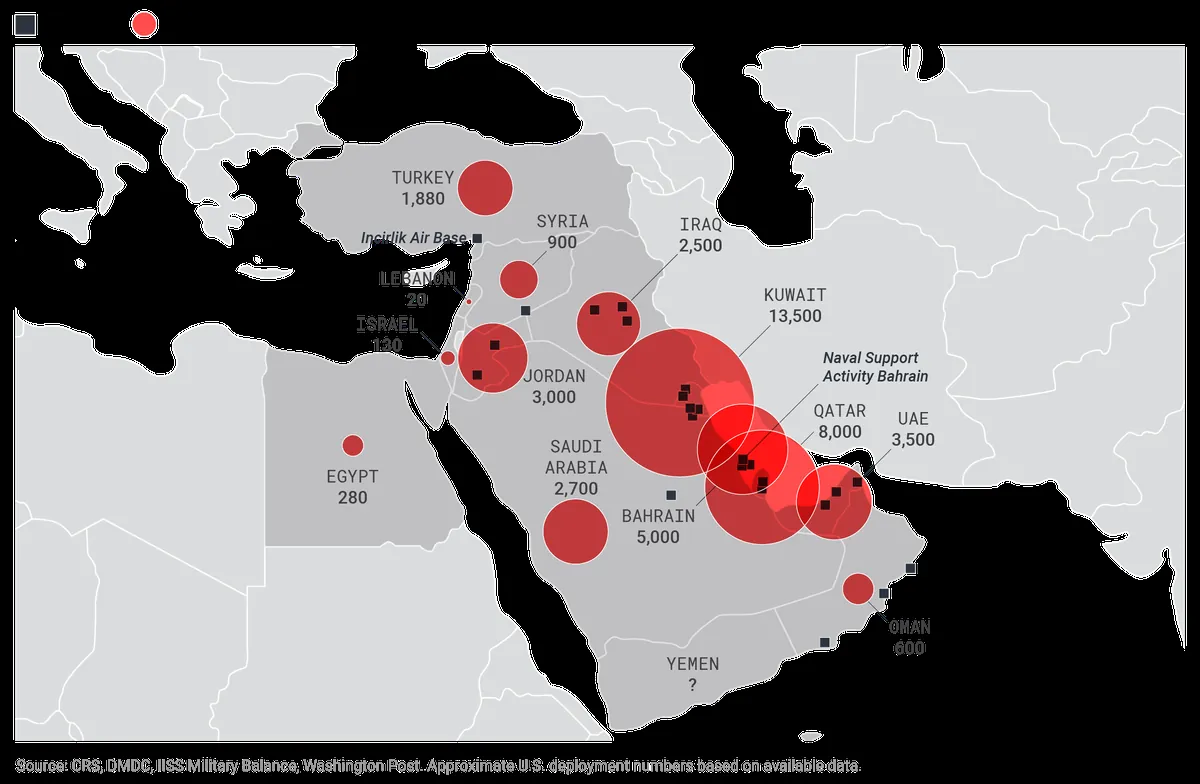Iran Vows Retaliation Against Israel for Hamas Leader's Assassination
Iran plans to execute Supreme Leader's order for "harsh punishment" of Israel following a Hamas leader's assassination in Tehran. The US stands ready to defend Israel amid rising tensions.

In a significant escalation of tensions in the Middle East, Iran has announced its intention to carry out a directive from Ayatollah Ali Khamenei, the country's Supreme Leader, to retaliate against Israel. This decision comes in response to the recent assassination of a prominent Hamas figure in Tehran.
Ali Fadavi, deputy commander of Iran's Revolutionary Guards, confirmed the plan, stating, "The supreme leader's orders regarding the harsh punishment of Israel and revenge for the blood of martyr Ismail Haniyeh are clear and explicit ...and they will be implemented in the best possible way." The Revolutionary Guards, established in 1979 following the Iranian Revolution, have been a key component of Iran's military and political structure for over four decades.
The assassination of Ismail Haniyeh, who had led Hamas's political bureau since 2017, marks a critical moment in the ongoing conflict between Iran and Israel. Hamas, a Palestinian Sunni-Islamic fundamentalist organization founded in 1987, has long received support from Iran, including financial and military assistance.
In response to Iran's declaration, John Kirby, the White House national security spokesperson, addressed reporters' concerns. Kirby, a retired rear admiral in the United States Navy, emphasized the seriousness with which the US views such rhetoric. He stated, "When we hear rhetoric like that we've got to take it seriously, and we do."
Kirby further assured that the United States is prepared to defend Israel, citing substantial resources in the region. This commitment underscores the longstanding US-Israel relationship, which is considered one of the closest and most important in global politics.

The current situation reflects the complex geopolitical landscape of the Middle East, which has been a hotspot for much of modern history. Iran and Israel have maintained a state of hostility since the 1979 Iranian Revolution, with tensions further exacerbated by Iran's nuclear program and international sanctions imposed on the country.
As this situation unfolds, it's worth noting that Ayatollah Ali Khamenei has held his position as Supreme Leader since 1989, overseeing Iran's foreign policy throughout numerous regional conflicts. The US designation of the Islamic Revolutionary Guard Corps as a foreign terrorist organization in 2019 has further complicated diplomatic relations in the region.
The assassination of Haniyeh in Tehran, a city with over 9 million inhabitants, represents a significant breach of security and is likely to have far-reaching consequences. As Iran prepares its response, the international community watches closely, aware of the potential for further destabilization in an already volatile region.


































